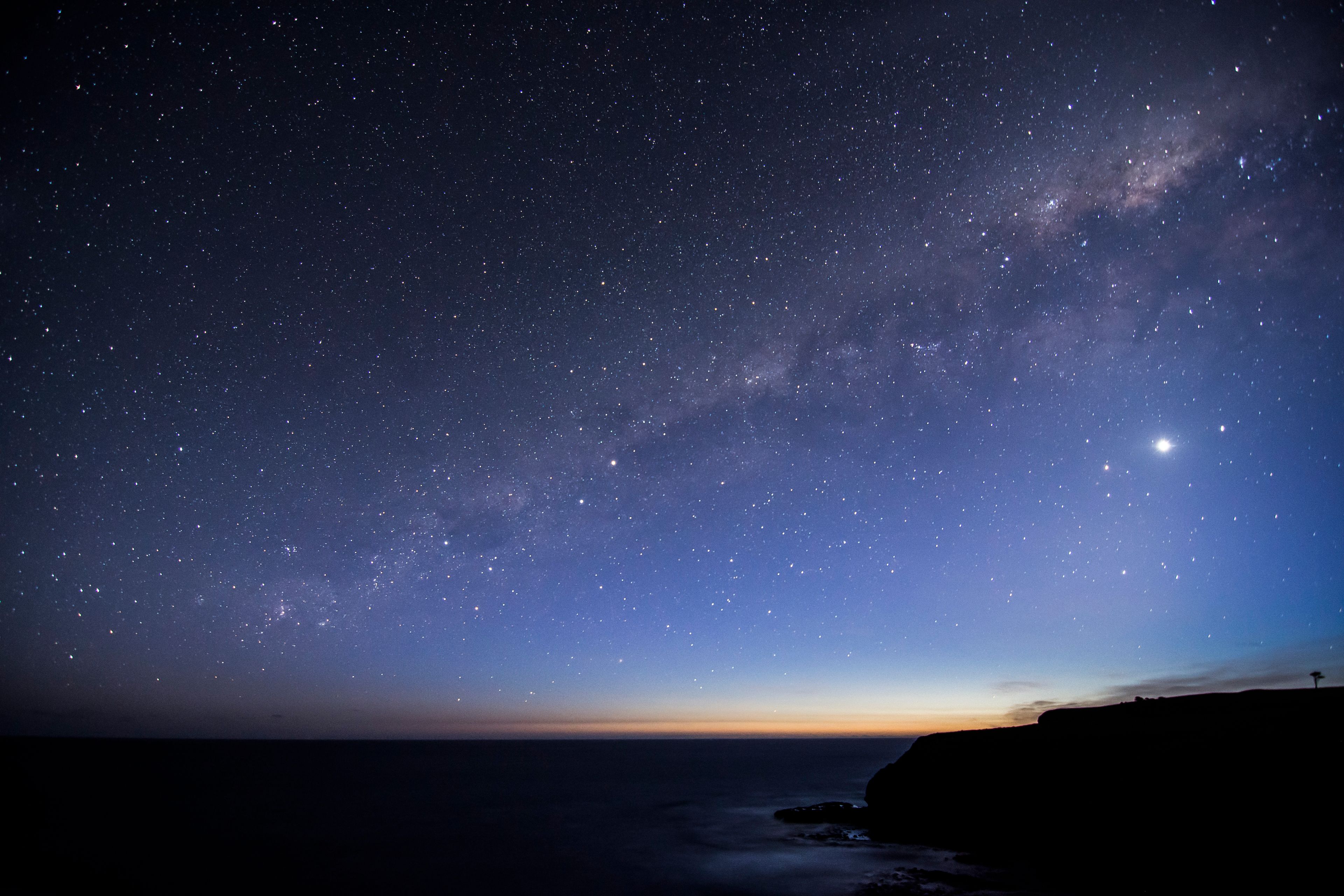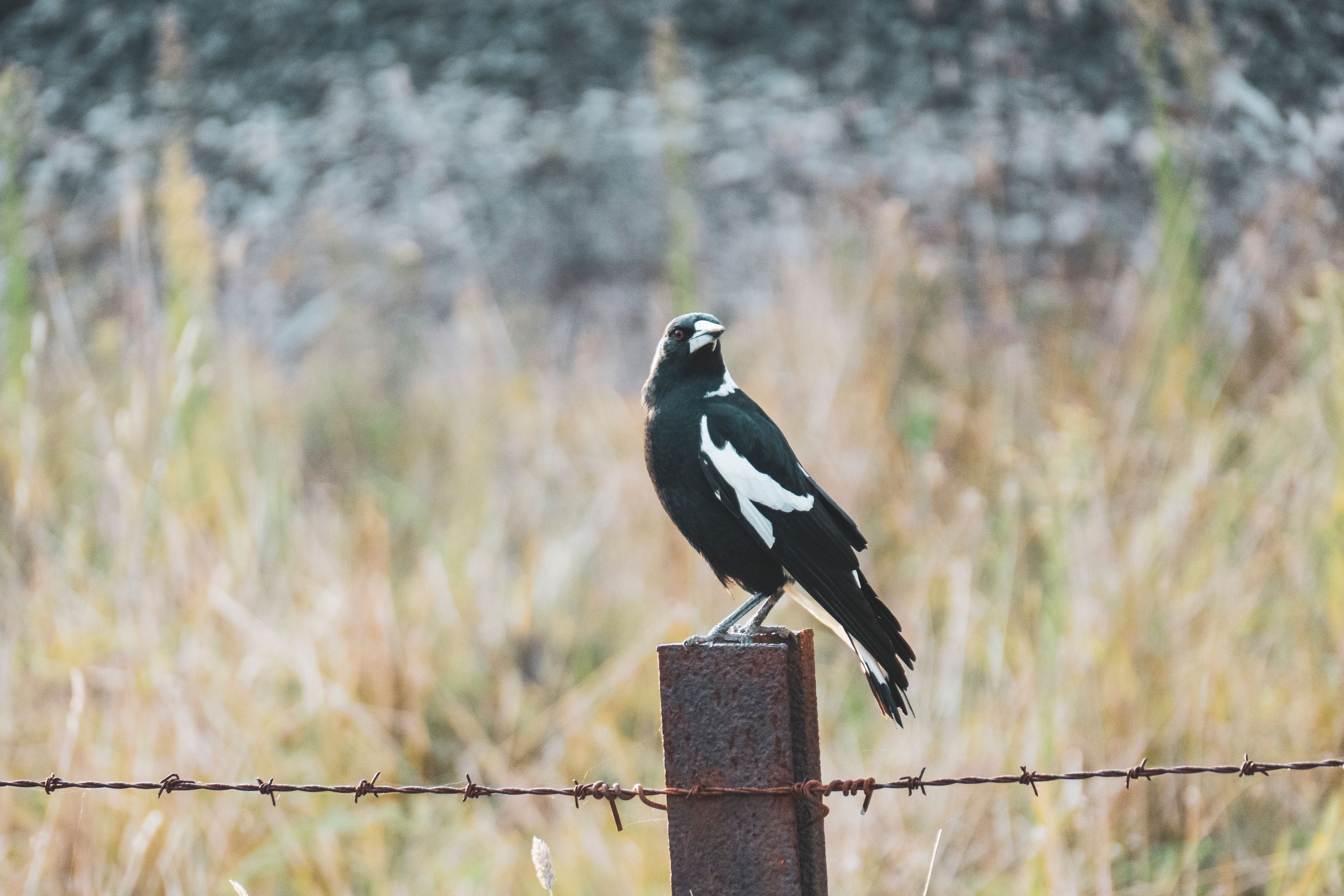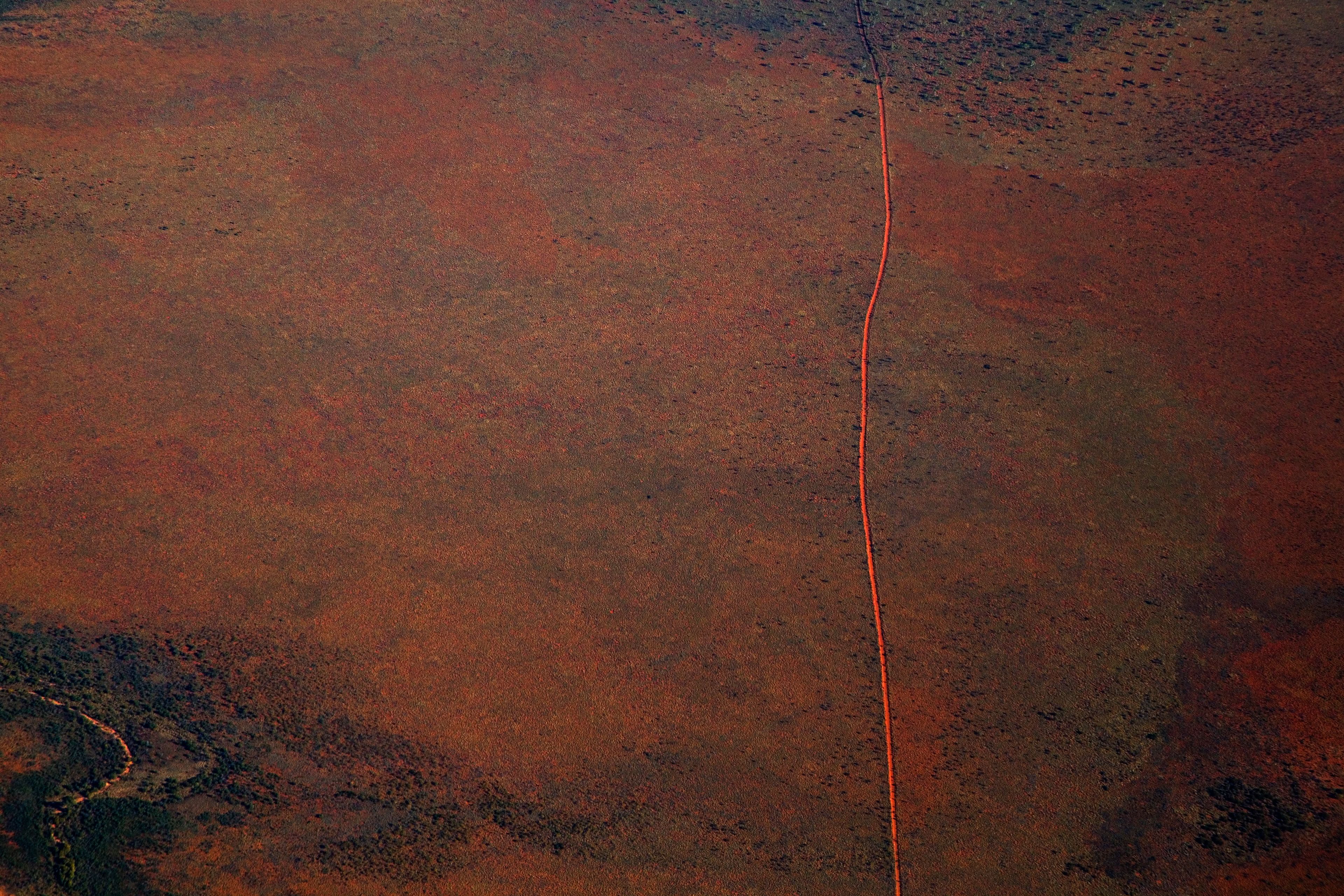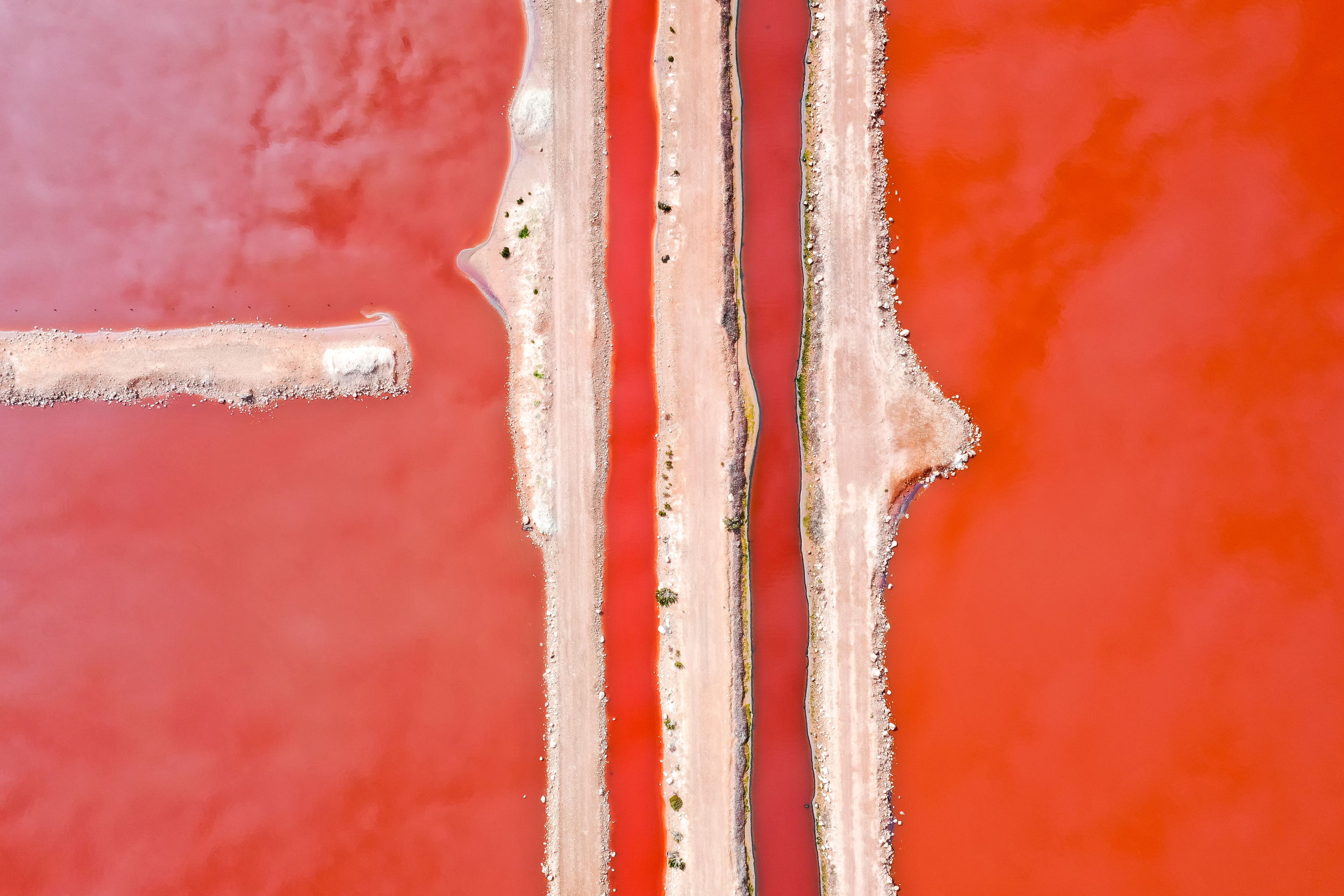Home/Stories and news/Truth-telling and Reparative Pedagogies Lab
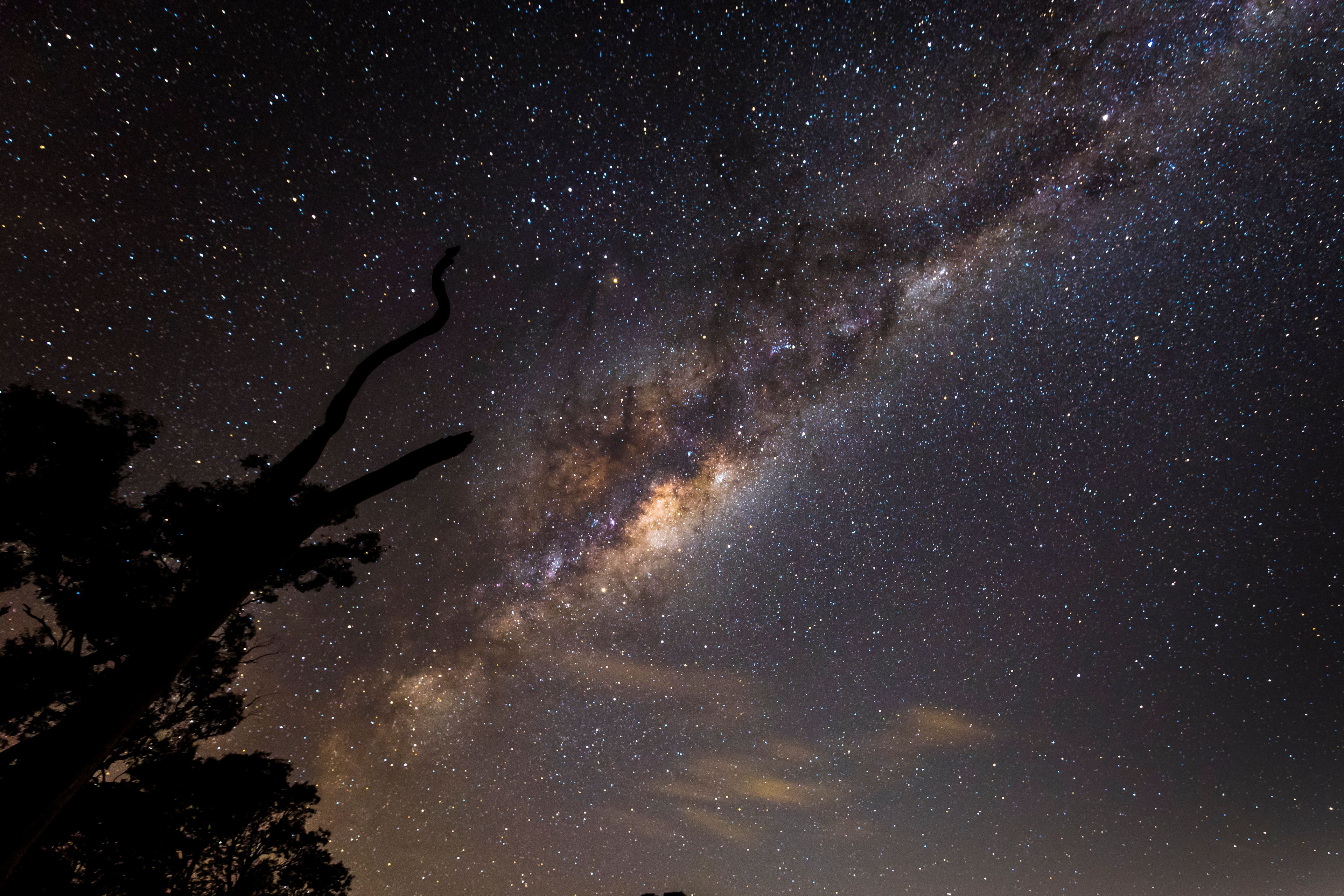
Truth-telling and Reparative Pedagogies Lab
The truth-telling and reparative pedagogies lab has been formed in recognition of the global work that educators and practitioners are doing to redress historical wrongs across diverse classroom settings.
We aim to bring together teachers and researchers committed to this truth-telling and reparation, and expand shared understandings on how to best approach this work in education.
Our Shared Zotero Library
Our team maintains a shared Zotero library with literature that illuminates truth-telling and reparative pedagogies. We share this library freely in the hope that it can support practitioners and researchers alike in building shared knowledge around this work.
Our Recent Publications
Getting racism out of the classroom, Dr Jessica Gannaway, Dr Melitta Hogarth and Dr Sophie Rudolph, University of Melbourne
Exploring experiences of educational exclusion for engineering undergraduates: reflecting on the value of staff-student partnerships for researching sensitive topics. Knowler, H., Lazar, I., Godfrey, J., & Rivera Lopez, M. (2024). The Journal of Educational Innovation, Partnership and Change, Volume 9.
Can education heal? Staff and students exploring reparative pedagogies in the context of institutional harms in higher education. Altunbas, H. G., Guo, X., Liu, Y., Knowler, H., & Wright, T. (2025). Journal of Learning Development in Higher Education, (35).
Collaborators on the Truth-telling Lab
Dr Jessica Gannaway is a non-Indigenous Lecturer in Teacher Education at the University of Melbourne. After beginning her career as a secondary school literacy teacher in remote NT, Jessica has worked in both public and private sector schools in the Northern Territory and Victoria. She works with teachers and school leaders in secondary schools in Victoria to improve classroom relationships through teacher reflexivity practices. Jessica's areas of research, scholarship and publications include: relationality and identity in education, particularly teacher dispositions in relation to cultural responsiveness, truth-telling and anti-racist pedagogies.
Justin Wilkey is a Ngarrindjeri man and a Research Fellow at Ngarrngga as well as a PhD candidate and Lecturer (Indigenous Education) at the Faculty of Education. Justin’s research interests focus on the intersections of education, wellbeing and social justice for Indigenous peoples. His career in teaching and journalism has solidified his passion for enhancing the lives of young Indigenous peoples through the power of education.
Professor Melitta Hogarth is a Kamilaroi woman and the Director of Ngarrngga. She is Professor of Indigenous Education, Associate Dean, Indigenous, and Principal Research Fellow in the Faculty of Education at the University of Melbourne. Prior to entering academia, Professor Hogarth taught for almost 20 years in Queensland, particularly in secondary schools. Her PhD on the rights of Indigenous peoples in education won multiple awards, including the Ray Debus Award for Doctoral Research in Education.
Associate Professor Helen Knowler is an Associate Professor and Academic Lead of UCL’s Eugenics Legacy Education Project. She researches the impact of exclusionary pressures in education and the professional development of educators. Her core concerns relate to reparative pedagogies in healing, repair and inclusion.
Dr Emily Dobrich holds a PhD in Adult Education and Community Development from the Ontario Institute for Studies in Education (OISE) at the University of Toronto. In her doctoral research, explored how embodied learning approaches can be used to reimagine and improve adult immigrant learning experiences by promoting self-determination, fostering community connectedness and nurturing relational understanding of place, specifically with more critical awareness and respect for learning about the history, culture and presence of Indigenous People. Motivation for this project came from Emily’s positionality as a second-generation settler descent and raised on Turtle Island. Her own learning journey and perception of the struggles of her immigrant family, related to a lack of awareness and understanding of the struggles of Indigenous People against white settler colonialism, ignited her desire to work in solidarity with new immigrants in her community to raise awareness and contribute to positive social change. Emily appreciates and is strongly committed to respectfully working with and learning from Indigenous Peoples and knowledges in her research and scholarship to right educational injustices and unsettle hierarchies of knowledge production.
Connect with us
To indicate your interest in collaborating, hearing about upcoming events, and early access to research outputs please email: ngarrngga-team@unimelb.edu.au with the subject Truth-telling Lab.
